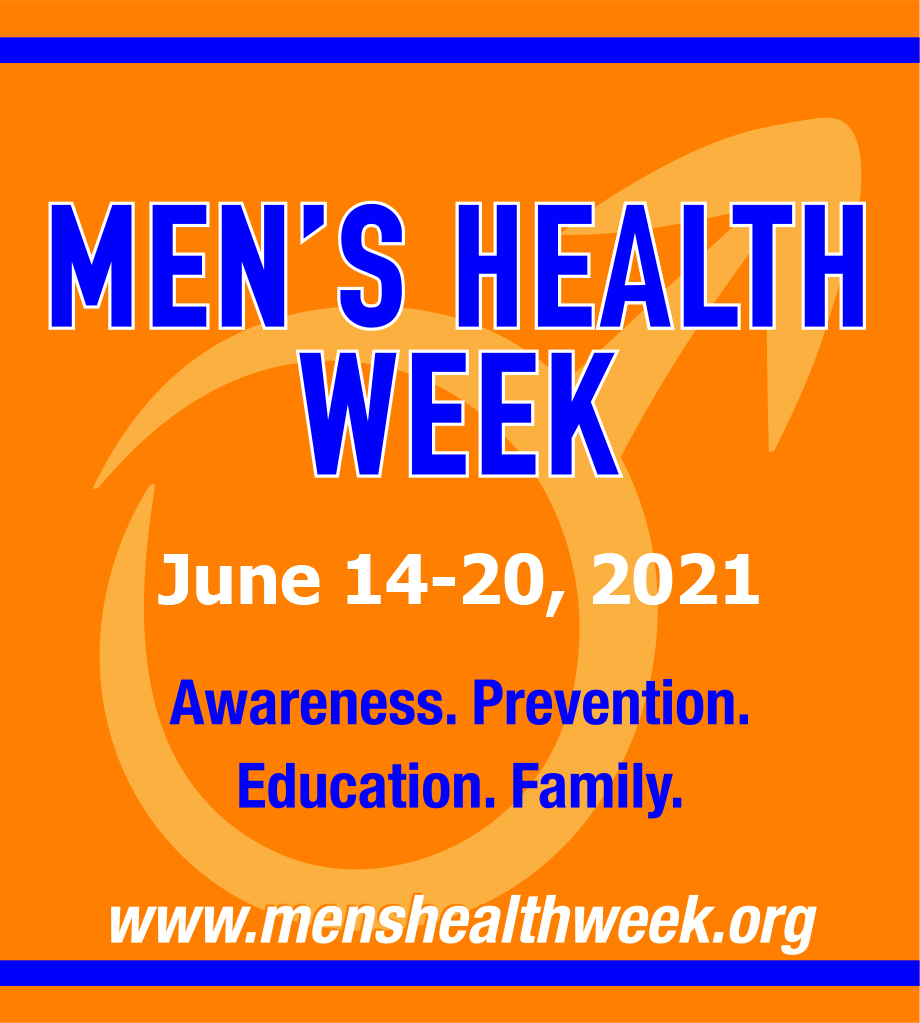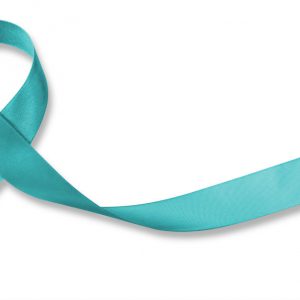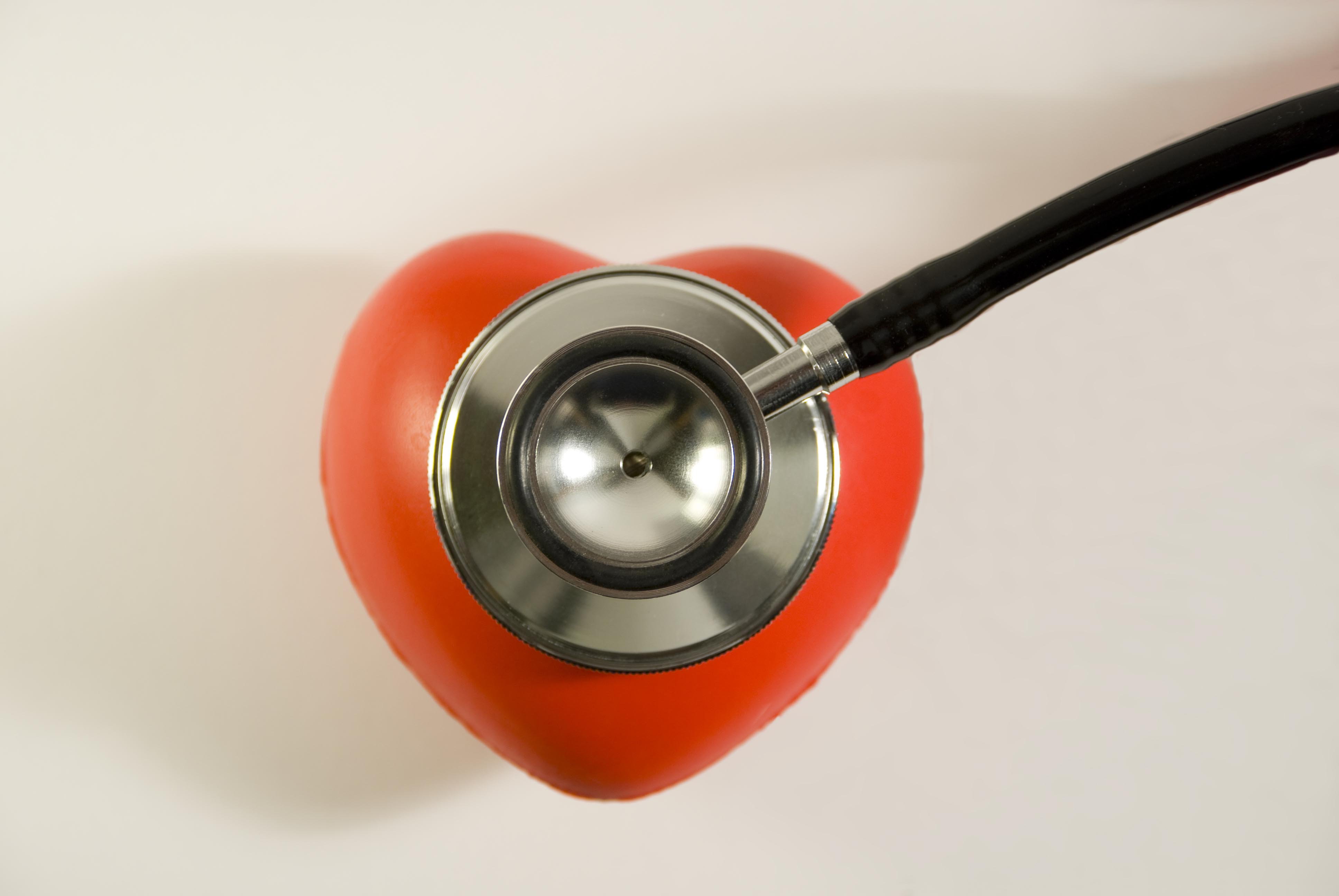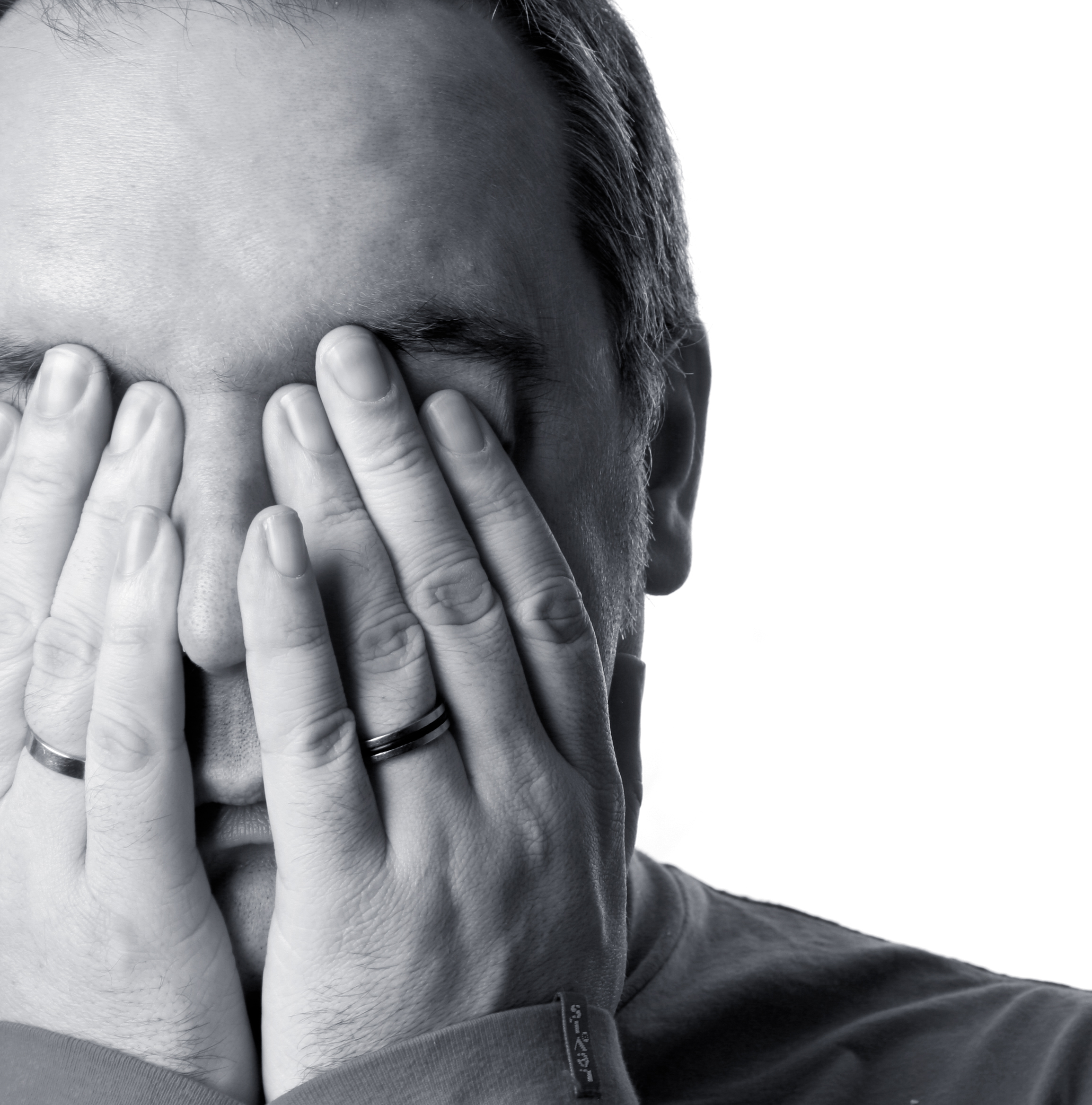Last Updated on June 14, 2021
Last month, we observed National Women’s Health Week. For the month of June there is Men’s Health Week, held each year to encourage men to make their health a priority. There are many tips for men to improve their health, and we at NeedyMeds have resources for a number of conditions that predominantly affect men.
There are many ways to observe National Men’s Health Week such as taking a bike ride, committing to eat healthier, quitting unhealthy habits, or getting vaccinated against COVID-19. Men can improve their health by getting a good night’s sleep, quitting tobacco and avoiding second-hand smoke, being more active in daily life, and managing stress. Being aware of your own health is important as well. Be sure to see your doctor for regular check-ups and get tested for diseases and conditions that may not have symptoms until there is an imminent health risk. Testicular and prostate cancers are easily detected with regular checks. Men are encouraged to begin yearly screenings at 40-50 years of age, especially if you have a family history.
For men over 45 years of age, the most common causes of death are heart disease and cancer. Heart health is important for men and women of all ages and cancer can affect different parts of the body, including those that may appear atypical — 1% of breast cancer diagnoses are found in men, and transgender men are at risk for ovarian or cervical cancer.
For men younger than 45, the most common causes of death are accidental injuries and suicide. As with heart health, mental health is important to people of all ages and gender. Men are affected by a cultural/traditional portrayal of masculinity that can be detrimental. Toxic masculinity is often associated with a culture that negatively affects women, but men also suffer while traditional thinking discourages them from displaying any emotion other than anger. Even as children, young boys are told to “man up” and “not cry like a girl.” When feelings are dismissed and gender-defining thinking is promoted, a young person learns to avoid expressing themselves in a healthy way. Over time such behavior can lead to a dysfunctional emotional expression, which can be isolating — especially for young people.
The traditional notion of men as dominant can lead to unnecessary violence when men become emotional. Toxic masculinity can dissuade a man with serious mental illness from seeking help. Men should be shown empathy and encouraged to be sincere with their feelings and mental health. The idea that showing emotion is weak is false and unhealthy, but there is only so much that can be done short of a societal shift in how men think about mental health. If you or someone you know are experiencing a mental health crisis or suicidal feelings, call or text Samaritans at 877-870-HOPE (4673) any time if you need help.
Throughout the COVID-19 pandemic, men have died from the coronavirus at a higher rate than women and are nearly three times more likely to require intensive treatment despite being equally susceptible to infection. The disproportionate death rate among men has been linked to men’s naturally higher concentration of enzymes that enable the coronavirus to infect cells, men being more likely to have pre-existing conditions, and more likely to take risks or disregard symptoms. Despite this, men have been getting vaccinated against COVID-19 at a lower rate than women. For those looking for information on receiving a coronavirus vaccine, eligibility has opened to include nearly all adults and children over 12 years old. Search online for your state’s requirements, area’s locations, and appointment availability.
NeedyMeds has information for many programs and clinics that offer assistance to men in need, including COVID-19. There are several organizations offering varying kinds of assistance to men with prostate cancer and other diagnoses in the Diagnosis-Based Assistance area of our website. There are also free or low-cost clinics that offer men’s health services. Search your local area on our website and look for “Men’s Health” listed with Services, including listings for mental health clinics. For more help finding information, call our toll-free helpline Monday-Friday 9am-5pm Eastern Time at 1-800-503-6897.





